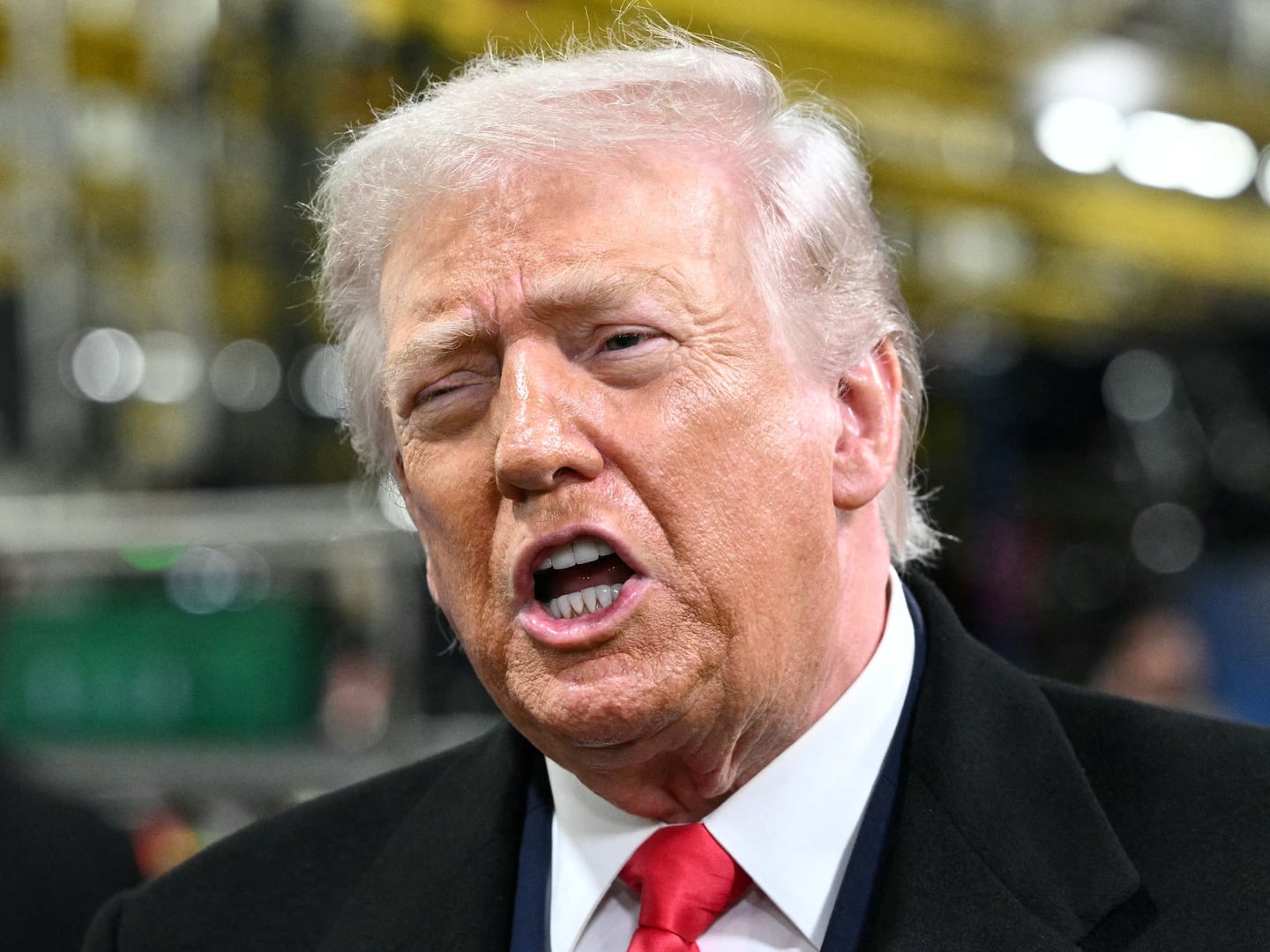Not only will the revolution not be televised—at least in the case of Sen. Bernie Sanders—it appears to have an expiration date.
Despite collecting millions in small-dollar donations and packing thousands of people into arenas around the country, despite topping Hillary Clinton for the first time in a national poll of likely Democratic voters, the path to victory has narrowed sharply for Sanders. Some would argue that a window of opportunity slammed shut Sunday night in Nevada and that the upcoming race in South Carolina is the proverbial kitty-bar.
Sanders may well have the volunteers and the money to keep going, but after March 15 he’ll have to grapple with a new set of questions. Does he still have the ability to push Clinton further left? And can he bring enough new voters into the process to exert any real influence?
Undoubtedly, Sanders will lose the South Carolina primary set for Feb. 27. The bad news is—with the exception of possibly Vermont, Massachusetts, and Wisconsin—he’ll likely keep losing though April. The polls are not kind and, with less than two weeks before Super Tuesday, pulling off wins in states like Georgia, Virginia, North Carolina, and Texas seems all but impossible. According to FiveThirtyEight.com, Clinton holds a 50-99 percent likelihood of winning some of the most delegate-rich and highly diverse states on the calendar.
Sanders, the self-professed anti-establishment candidate, has run on a platform that attacks income inequality, as well as promises to expand access to health care and college education. His message has attracted support from mostly white progressives who are convinced that Sanders is the best candidate to carry the Democratic banner in the fall campaign. For them, Clinton represents all that is wrong in Washington.
The problem for Sanders is that he has nowhere to grow. Black voters, who will dominate many of the coming primaries, have not responded to his message. Even black millennials, thought to be good prospects, are breaking in favor of Clinton. They are, it appears by the ballots cast in Nevada and polling in upcoming states, voting with their parents and grandparents. It must be said that Clinton won the Nevada black vote by a 3-to-1 margin and that crossed age and income. And despite what entrance polling data said in Nevada, according to analysis published by NBC News, she may have won Hispanics as well.
After Sanders won New Hampshire and nearly bested the former secretary of state in Iowa, many began to challenge the notion of Clinton’s inevitability. There were cracks, they said, in the “firewall.” Expectations were managed downward ahead of Nevada, even by the Clinton campaign—which started organizing in the state last April. The Sanders camp appeared to be stunned by their good fortunes. By comparison, they did not put boots on the ground until late winter, when it became clear that he could be competitive there.
But then Hispanic civil-rights leaders and members of Congress, including California Rep. Xavier Becerra and Dolores Huerta, rang in and openly challenged Sanders on past immigration policy votes. Then, too, endorsements began to roll through the piedmonts of the Palmetto State. Black pastors and elected officials began digging a trench around South Carolina.
Taken together, if the trend holds, there is no path to victory left for Sanders. At this late stage in the campaign, unlike Republicans, there is limited growth potential for either candidate in such a small field.
More critically, one rationale for the Sanders candidacy dries up under scrutiny. Turnout numbers and the anticipated brief nature of the primary mean he has not and will not drive increased voter participation. The wave never arrived and there is no sign of it on the horizon.
One of the more vexing things about this election year is the open hostility to basic election math and the exhausting comparisons between Sanders and the road that then-Sen. Barack Obama faced in 2008. There are a paucity of similarities between Sanders and President Obama as candidates and even fewer parallels in terms of campaign and election-year dynamics.
One day soon, Sanders will take to a lectern and announce that he is suspending his campaign. What follows could be a push for Clinton to embrace single-payer health care or take on student loan debt in a more substantial way. Sanders could harness his coalition ahead of the Democratic convention and attempt to force Clinton’s hand on any number of issues. Or Sanders could decide to actively campaign for U.S. Senate and House candidates and help deliver a new Congress that will take up those reforms.
Ultimately, what Sanders does after he exits will reveal if the movement was about him or us.





